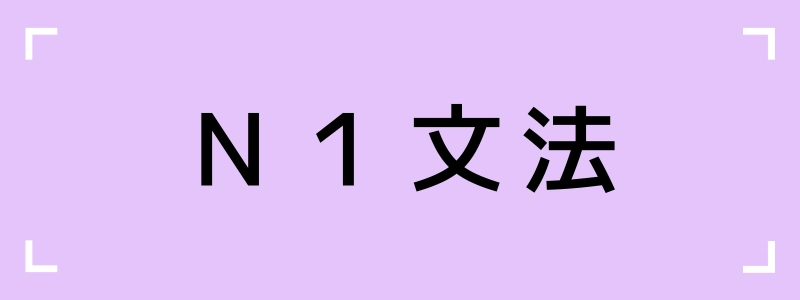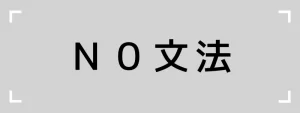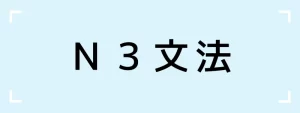接続
名詞+よるところが大きい
意味
得益于…
多亏了…
主要依赖于…
原因在于…
解説
前項が後項に強く依存し、両者共に切り離せないような関係性であることを表します。
良いことにも悪いことにも使えます。
例文
(1) 「美しい」や「可愛い」などの美的感覚は個人の主観に依るところが大きい。
“美丽”“可爱”等美的感觉主要取决于个人的主观。
The sense of beauty, such as “beautiful” or “cute,” largely depends on individual subjectivity.
(2) FWは結局個々の能力に依るところが大きい。
前锋最终还是依靠各自的能力。
Ultimately, the performance of a forward greatly depends on individual abilities.
(3) どんな試合にするかは、監督の采配によるところが大きい。
进行怎样的比赛取决于教练的指示。
The style of play in a match is greatly influenced by the decisions of the coach.
(4) 今回うまくやり過ごせたのは、経験によるところが大きい。
这次能顺利地通过全凭经验。
The reason I was able to handle this well is largely due to my experience.
(5) 物事の成否は、実は本人の自信によるところが大きい。
事物的成败实际上取决于当事人的自信。
The success or failure of something actually depends to a large extent on a person’s confidence.
(6) 結果というものは常に、本人の頑張りに依るところが大きい。
结果这种东西主要依赖本人的努力。
The outcome, in fact, largely depends on the individual’s efforts.
(7) コーヒーの美味しさは、焙煎に依るところが大きい。
咖啡的口味主要靠烘烤。
The deliciousness of coffee greatly depends on the roasting process.
(8) 人の考え方は、育ってきた環境によるところが大きい。
人的思维方式取决于生长环境。
A person’s way of thinking is greatly influenced by the environment they grew up in.
備考
「~に依るところが大きい/よるところが大きい」はプラス、マイナスの表現どちらでも使えますが、「~に負うところが大きい/に負うところが多い」はプラスの表現にしか使えません。






コメント